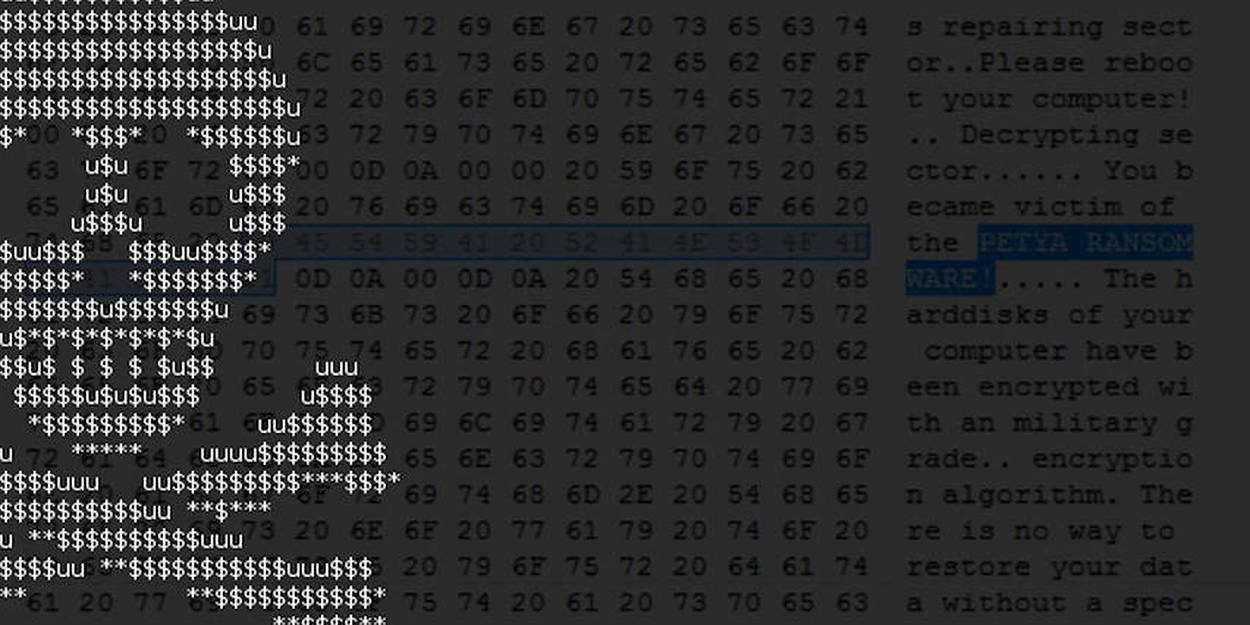
More innovative malware in 2021
In a report provided by a Computer Security specialist Nuspire, there has been a fairly meteoric increase in malware.
This is at a time when cybercriminal attacks are becoming increasingly ruthless. Indeed, it has also been observed in the same vein as hackers in tendency to attack structures that find themselves overloaded in terms of responsibilities to be filled. In particular, the health and education sector. The report to specify a growth if we can say so 128 percent in the third quarter of 2020 compared to the second quarter. This increase is more than 43,000 different malware that was detected per day.
The report also watches, that the actors of cybercrime have become increasingly ruthless in their choice of targets. "Throughout the third quarter, hackers shifted their attention from domestic networks to overburdened public entities, including the education sector. Nuspire's report.
This article will also interest you: The coronavirus pandemic and security strategies in a company
In the forecasts provided by the German computer software publishing company for security G DATA CyberDefense, in 2021, the malware used to target mobiles will be more and more innovative. These are malwares that will present themselves as software updates widely used by users in mobile. "In this case, applications initially present themselves as legitimate applications, which is why they are often referred to as legitimate by some security solutions. It is only after a number of updates that malware installs itself on the system without being noticed, with all the consequences that this entails. German cybersecurity company.
As far as social engineering is concerned, the practice will also improve like the others.
In a study provided by Bromium, a virtualization company, and commented by the Senior Lecturer in Criminology at the University of Surrey, Dr. Mike McGuire, several tactics used by cyber-prisoners to attract the attention of Internet users were observed. Social networks being theirs in their field of choice. The same report explains that cyber criminals manage to generate more than $3 billion using social engineering alone. While this is in a fairly new context, it has been possible for cybercriminals to earn more than $1,500 billion in revenue each year. "This is a conservative estimate, based solely on data from five of the most highly prominent and lucrative varieties of revenue-generating cybercrimes. The report notes.

According to G DATA CyberDefense, in view of the improvement of the cyber security sector, hackers are seeking to improve their approach to social engineering in order to make it more efficient.
This is why organizations are encouraged to take appropriate measures to protect themselves and their IT systems and their employees.
On the connected objects side, the trend of cybercrime will also evolve. Indeed, with the growth of the Internet of Things in all sectors of activity, organizations will be forced to improve their computer security and for good reason, cyber-malicious activities in this sector have spread much faster than in other areas. It must be recognized that the Internet of Things has never presented itself as a safe enough space in terms of security, of course. And from the very beginning, computer attacks have always had the advantage over users. "If a device is not constantly monitored and is not considered part of the network infrastructure, it needs to be fixed," the German security company warned. Clearly, there will be a noticeable increase in attacks on IoT devices. "The convergence of information and operational technologies makes environments more vulnerable. These environments often work on existing systems for which there are no patches or that simply are not installed. Organizations that use the IoT would also be well advised to develop an comprehensive cybersecurity roadmap and conduct regular security audits," recommends G DATA CyberDefense.
According to G DATA CyberDefense, organizations can conduct an audit to see if they are organized enough to prepare for cyberattacks. In case they can start now, take appropriate action. "It is important that staff handle IoT systems correctly and be aware of the risks. Finally, most cyber incidents are caused by human actions," concludes the German company.
Now access an unlimited number of passwords:
